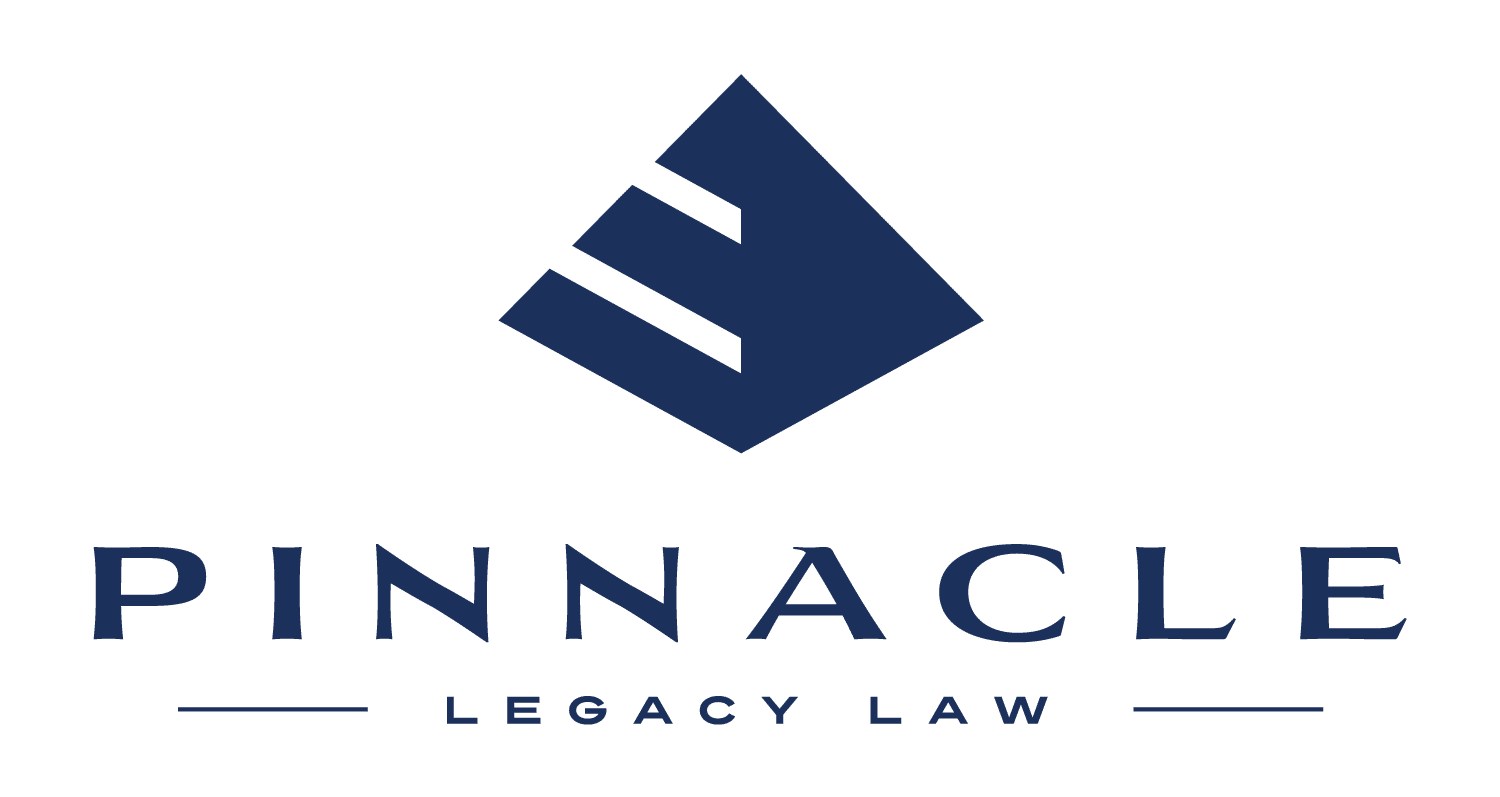What is a Living Trust?
Understanding the Basics
A living trust is a legal entity created to hold your assets while alive. It provides a way to transfer your assets to beneficiaries upon your passing without the need to go through the probate process.
Avoiding the Probate Process
Probate is a court-supervised process that settles an individual’s estate after death. It can be time-consuming and costly, but living trusts help avoid it.
Why Should You Consider a Living Trust?
Efficiency and Expediency
Living trusts are known for their efficiency. Upon your death, the assets held in the trust are distributed to your beneficiaries quickly, without the need for probate court involvement.
Preserving Privacy
Unlike a will, a living trust is not a public document. This means your estate distribution remains private.
Protecting Your Assets
Assets held in a living trust can be protected from creditors, lawsuits, and divorce proceedings.
How Does a Living Trust Work?
Incorporating Will-like Instructions
The living trust contains all the instructions typically found in a will, specifying how your assets should be distributed after your death.
Properly Funding Your Trust
For the trust to be effective, your assets must be appropriately funded. This includes transferring the titles of your assets into the trust.
Bypassing Court-supervised Probate
By holding your assets in the trust, you bypass the court-supervised probate process altogether.
The Benefits of a Living Trust
Avoiding Estate Taxes
A living trust can help reduce or avoid estate taxes in certain circumstances.
Seamless Asset Distribution
Living trusts allow for the seamless distribution of assets to your beneficiaries.
Flexibility and Control
A living trust gives you control over your assets during your lifetime and the flexibility to change the trust as your circumstances or wishes change.
Is a Living Trust Right for You?
Assessing Your Estate
When deciding if a living trust is right for you, consider the size of your estate, the complexity of your financial situation, and your wishes for asset distribution after your death.
Consulting with an Expert
It’s always a good idea to consult an estate planning expert when making important decisions about your future.
Taking Control of Your Future
A living trust gives you control over your assets and your future. It’s an essential tool in estate planning.
Conclusion
Living trusts offer several benefits over traditional wills, including efficiency, privacy, and asset control. They are a crucial tool in estate planning and are worth considering.
